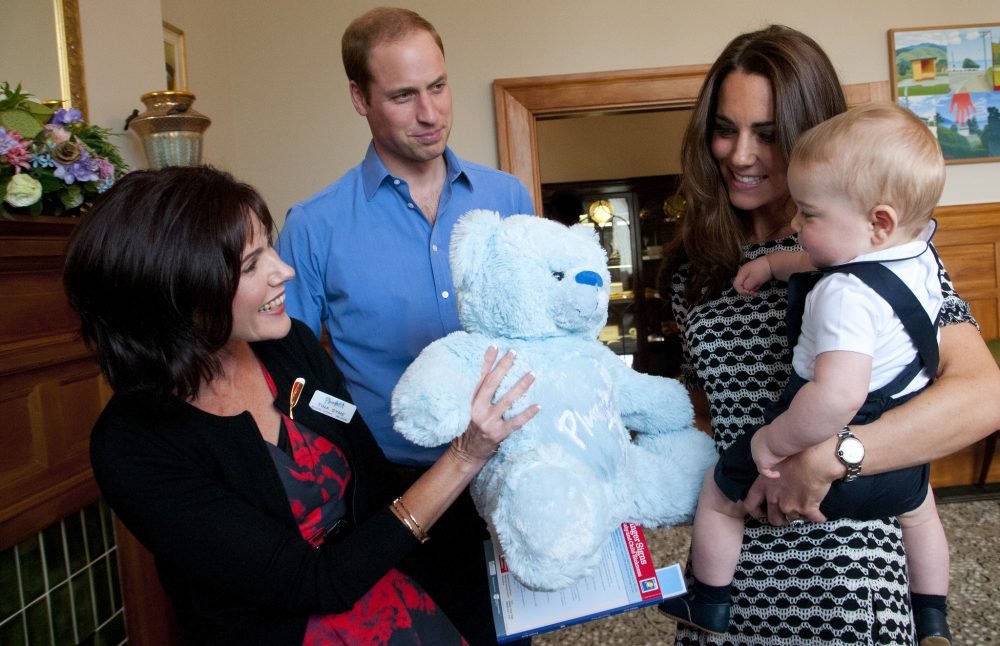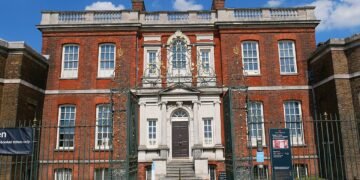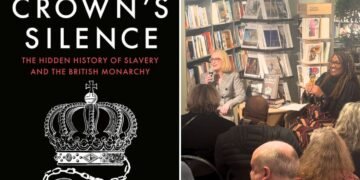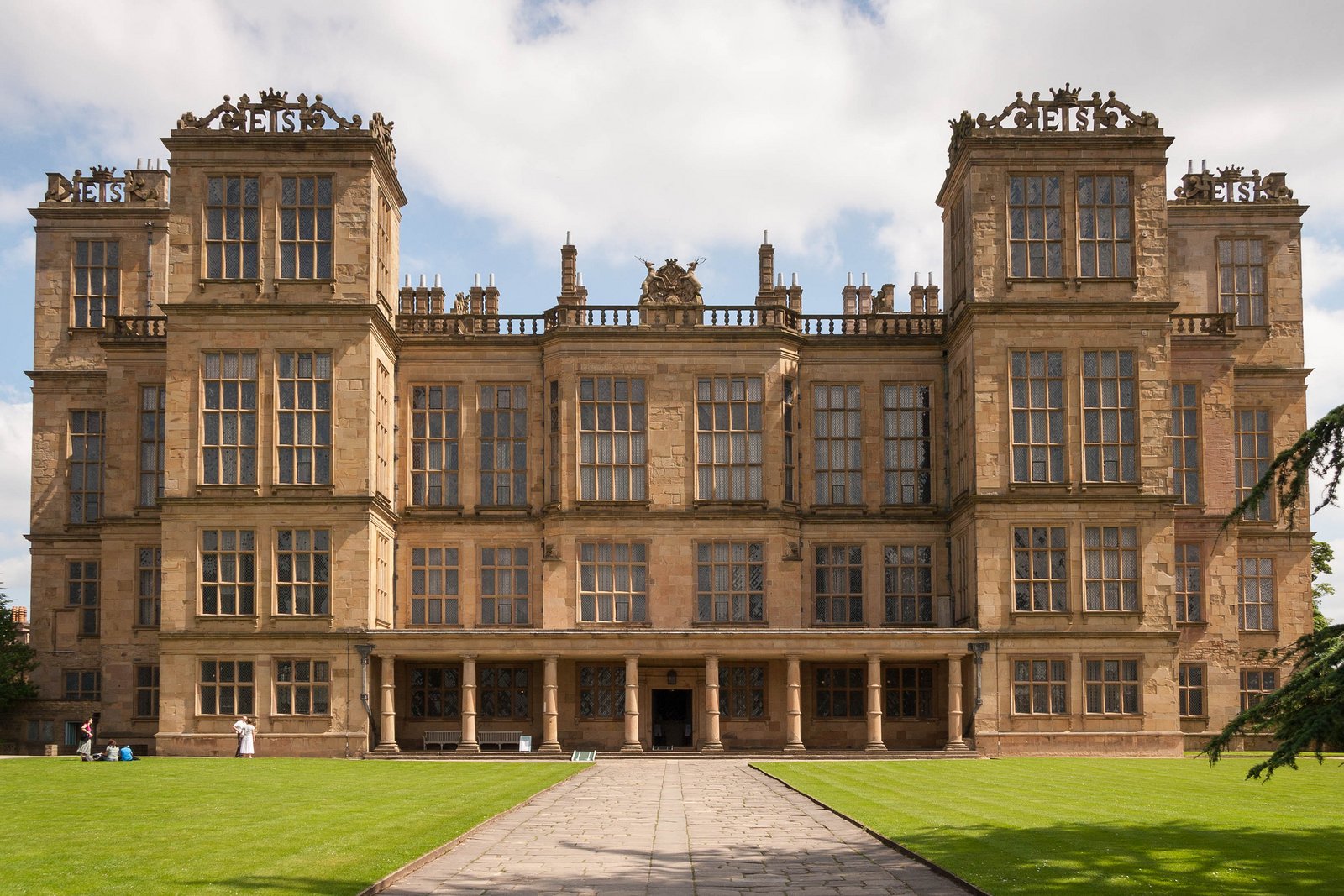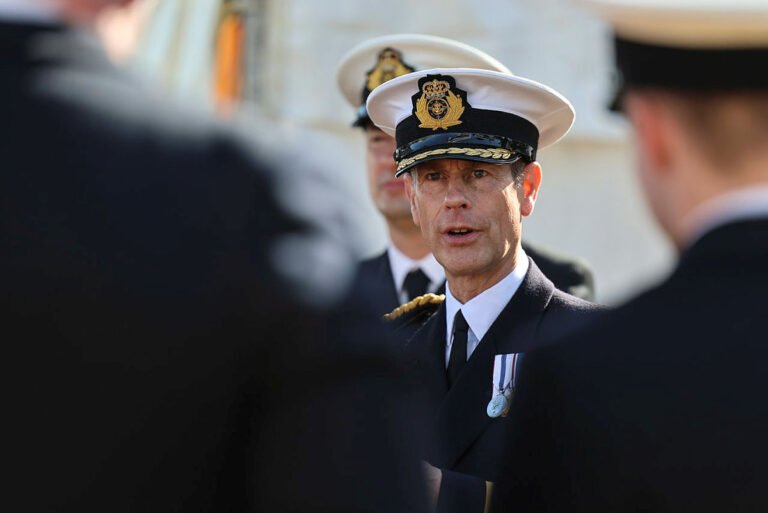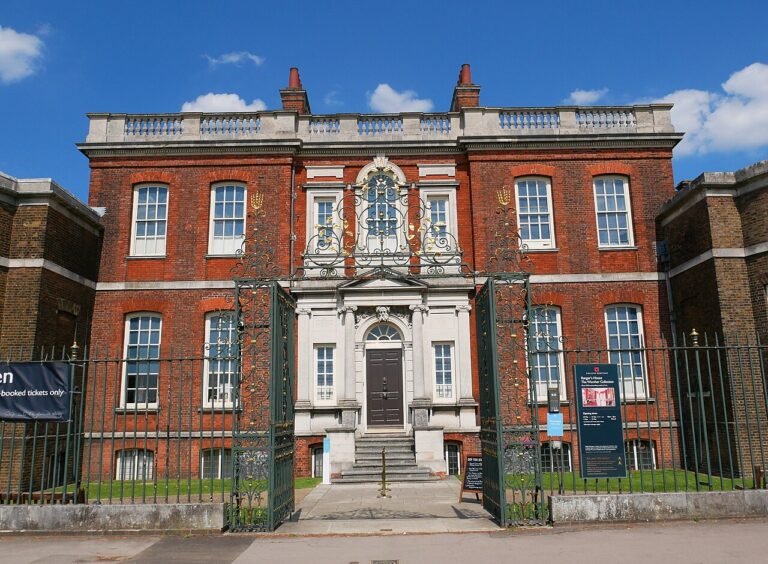The British Royal Family have long-standing ties to New Zealand, having paid many visits since the late 19th century, but the existence of the monarchy in New Zealand faces somewhat of an uncertain future…
By Katie Baddock
New Zealand is one of the 16 independent member countries of the Commonwealth that share Queen Elizabeth II as Sovereign and Head of State. The nation is a Constitutional Monarchy with a parliamentary system of government and Her Majesty represented by the Governor-General, currently Dame Patsy Reddy.
After the Treaty of Waitangi was signed in 1840 between the British and Māori, Queen Victoria became the country’s first Head of State.
At the age of 94 – 68 years of which have been on the throne – The Queen is New Zealand’s longest-serving Head of State. Unlike politicians who come and go, Her Majesty holds a life-long role, bringing immense experience and stability in the ever-changing world of politics.
Take The Queen’s speech given on her 21st birthday: “I declare before you all that my whole life, whether it be long or short, shall be devoted to your service…” No politician could ever utter those words. While some Kiwis argue against having a heredity head of state, one cannot ignore the benefit of having such a leader who is above partisan politics and who represents the entire nation’s interests, rather than those of who elected them.
Over the years, Her Majesty has proven her dedication to the Commonwealth realms, remaining in close contact and always interested in the country’s events and milestones. We saw an example of this in April when The Queen made a phone call to our Prime Minister, Jacinda Ardern, to see how Kiwis were getting on during the coronavirus pandemic.
Jacinda shared on Instagram: “It was such a treat to speak with Her Majesty tonight. Her affection for New Zealand, her interest in what’s happening here and her memory of places and events that are special to us never ceases to amaze me.”
Jacinda Ardern has spoken about her stance as a republican herself, envisioning a more independent country sometime in her lifetime. She told The Times during the election campaign in 2017: “I am a republican but you will find there are people in New Zealand who aren’t actively pursuing that change. It’s certainly not about my view of the monarchy but my view of New Zealand’s place in the world and carving out our own future. So that is what drives my sentiment.”
While the republicanism movement is stronger across the ditch in Australia, here in New Zealand we have a small, but determined, republican group known as New Zealand Republic, who are focused on winning a referendum to bring about a New Zealand citizen as Head of State.
An opinion poll commissioned by New Zealand Republic in April of 2019 has shown that the number of Kiwis wanting the next Head of State to be a New Zealander is just over half. The poll showed 55% of New Zealanders want a New Zealander as our next leader, with 39% in favour of the next British Monarch. Respondents most strongly in favour of having an independent head of state were Māori (80%), as well as New Zealanders between 18-30 years old (76%). 15,000 random voting-age New Zealanders across the country were quizzed.
One of the biggest arguments Kiwis have against having The Queen as head of state is that she is simply not a New Zealander, nor has she ever resided here, and therefore she cannot accurately represent who we are. The fact that the Monarch comes from an institution embedded in a class system sits as rather foreign to the values held by Kiwis. Having the British Monarch as Head of State also rules out the possibility for Māori to become the country’s most senior representative.
Monarchy New Zealand, a pro-Monarchy group, stands firm with the view that having the British Monarch as head of state benefits the country in many ways. As outlined on their website: “Most countries do not share a head of state. By sharing our Monarch with 15 other countries, New Zealanders are part of a global family of over 100 million people around the world. The Queen transcends nationalism. Furthermore, she is widely regarded as the best-informed and most respected public figure in the world.”
Back in 2016, New Zealand voted on the design of their flag: whether to retain the red stars and Union Jack, or replace it with something like a silver fern. The vote decided to keep the original flag by 56%.
The Monarchy tends to increase in popularity in New Zealand during significant events such as royal tours to the country or royal weddings, which are great for bringing people together in a celebratory manner. We saw this in particular during The Duke and Duchess of Cambridge and Prince George’s Royal Tour of New Zealand and Australia in 2014. Dubbed the “republican slayer” by the Australian media, Prince George was credited with boosting the Royals’ popularity in both countries after the public fell in love with him and his parents.

There are certainly no plans currently on the table to swap to a Kiwi head of state, with the topic being somewhat trivial compared to other issues the country is dealing with. However, it is likely that the conversation will be brought to the forefront of New Zealanders’ thoughts when it comes time for Prince Charles to take the throne.
Until then though, there is still a large portion of Kiwis who value The Queen and the benefits that come with having her as our head of state, and breaking those close ties to the monarchy seems inconceivable while she remains on the throne.
As The Queen’s husband, Prince Philip, once said: “It is a misconception to imagine that the Monarchy exists in the interests of the Monarch. It doesn’t. It exists in the interests of the people.”

